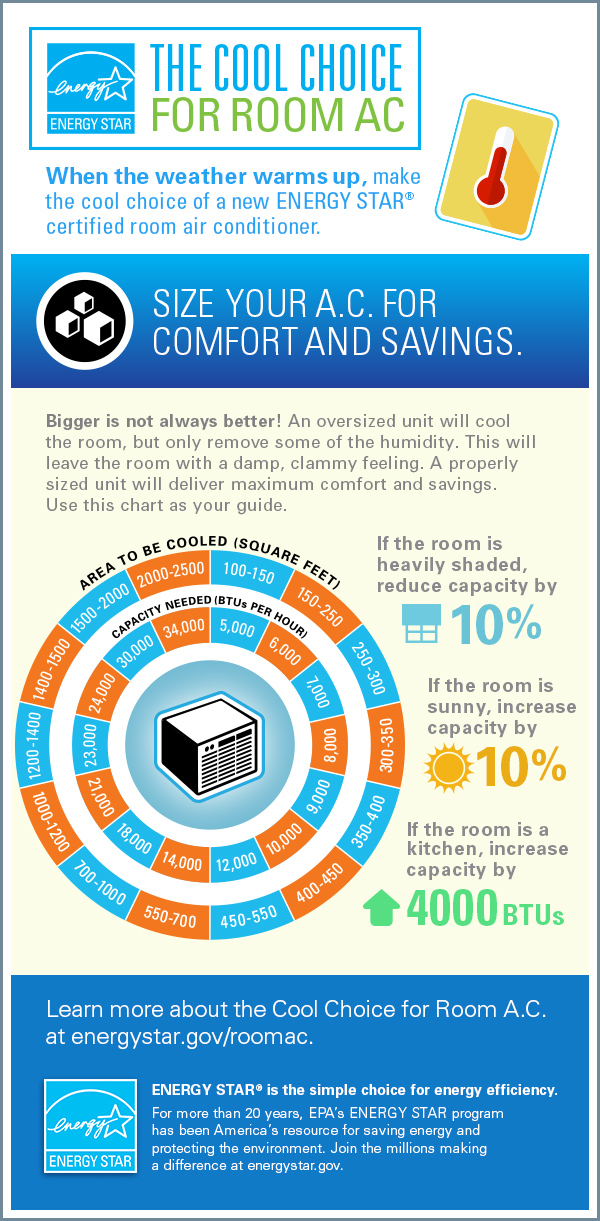The Future Of Home Heating - Just How Heatpump Technology Is Evolving
The Future Of Home Heating - Just How Heatpump Technology Is Evolving
Blog Article
Composed By-Merritt McCormick
Heat pumps will be a crucial innovation for decarbonising home heating. In a situation regular with governments' revealed energy and environment dedications, their international ability increases by 2030, while their share in home heating rises to one-quarter.
They work best in well-insulated homes and rely upon electricity, which can be provided from an eco-friendly power grid. Technical breakthroughs are making them more reliable, smarter and more affordable.
Fuel Cells
Heat pumps utilize a compressor, cooling agent, coils and followers to relocate the air and warm in homes and home appliances. They can be powered by solar power or power from the grid. https://hvacservicevansetup23332.eedblog.com/29389483/disproving-common-misconceptions-and-misconceptions-regarding-warm-pumps have been getting popularity due to their inexpensive, peaceful procedure and the capacity to create electrical energy throughout peak power demand.
Some business, like IdaTech and BG MicroGen, are servicing gas cells for home heating. These microgenerators can replace a gas central heating boiler and generate some of a home's electrical requirements with a link to the electrical power grid for the rest.
However there are multi room heat pump price nz to be hesitant of using hydrogen for home heating, Rosenow says. It would certainly be pricey and inefficient contrasted to various other innovations, and it would certainly add to carbon exhausts.
Smart and Connected Technologies
Smart home technology allows property owners to link and regulate their gadgets remotely with the use of smartphone apps. As an example, clever thermostats can discover your heating preferences and automatically adapt to enhance power consumption. Smart lights systems can be controlled with voice commands and immediately shut off lights when you leave the area, minimizing power waste. And clever plugs can keep track of and handle your electric usage, allowing you to recognize and limit energy-hungry devices.
The tech-savvy house portrayed in Carina's interview is a great illustration of exactly how residents reconfigure area heating methods in the light of new smart home technologies. They count on the tools' automated attributes to execute everyday adjustments and concern them as a hassle-free ways of performing their home heating techniques. Therefore, they see no reason to adapt their methods additionally in order to make it possible for flexibility in their home power need, and treatments focusing on doing so may face resistance from these families.
Power
Because warming homes represent 13% people emissions, a switch to cleaner options could make a big difference. But the modern technology faces obstacles: It's pricey and requires extensive home improvements. And it's not always suitable with renewable resource sources, such as solar and wind.
Till just recently, electric heatpump were too expensive to compete with gas versions in the majority of markets. But https://www.ocregister.com/top-workplaces-2018-service-champions-heating-air-conditioning in layout and products are making them extra budget friendly. And far better cold climate performance is enabling them to work well also in subzero temperature levels.
The next step in decarbonising heating might be the use of heat networks, which draw warmth from a main source, such as a nearby river or sea inlet, and disperse it to a network of homes or buildings. That would decrease carbon discharges and enable households to make the most of renewable resource, such as green electrical power from a grid provided by renewables. This choice would certainly be less expensive than changing to hydrogen, a fossil fuel that needs new facilities and would only reduce carbon dioxide discharges by 5 percent if paired with enhanced home insulation.
Renewable Energy
As power prices drop, we're starting to see the very same trend in home heating that has driven electrical cars right into the mainstream-- but at an also much faster speed. The strong climate instance for impressive homes has actually been pushed even more by new research study.
Renewables represent a significant share of contemporary warmth consumption, however have actually been given limited policy interest around the world compared to various other end-use sectors-- and even less focus than electrical energy has. In part, this reflects a mix of consumer inertia, divided motivations and, in several nations, aids for fossil fuels.
New innovations might make the change easier. For example, heat pumps can be made a lot more energy efficient by replacing old R-22 cooling agents with brand-new ones that don't have the high GWPs of their predecessors. Some specialists likewise imagine area systems that draw warmth from a nearby river or sea inlet, like a Norwegian fjord. The cozy water can then be made use of for heating and cooling in an area.